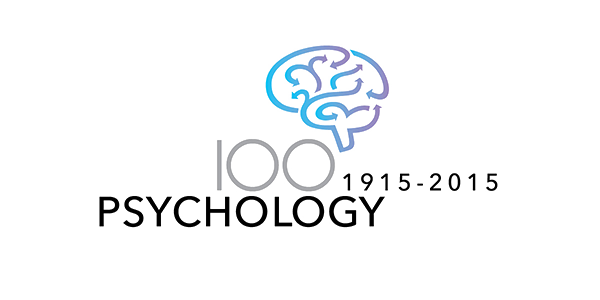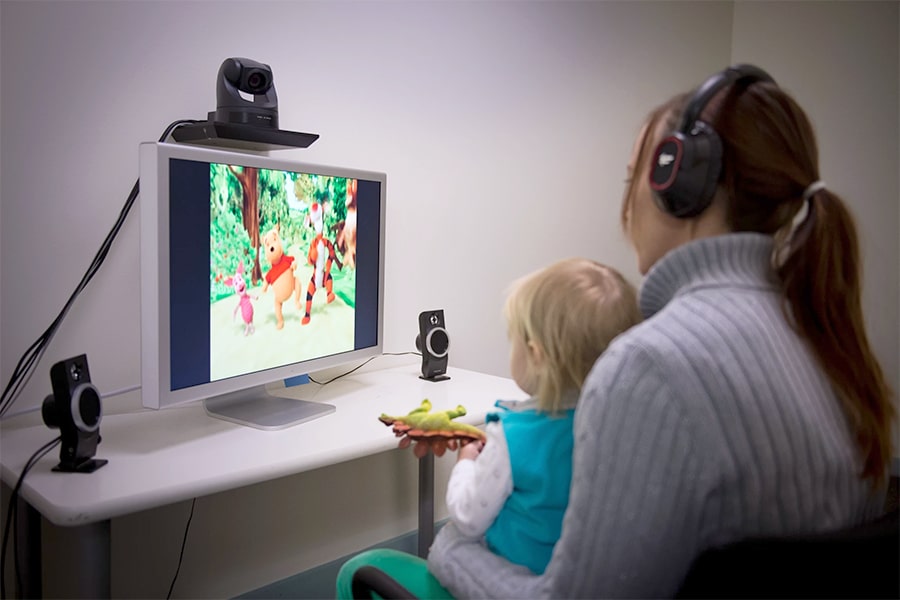Development and Education
How do psychological and neural mechanisms change in response to both experience and brain maturation?
Understanding human behavior requires understanding how that behavior came to be. Developmental psychologists at Carnegie Mellon study the behavioral capabilities that infants bring to the world and the processes that allow the vast expansion of these capabilities in infancy, childhood, and adolescence. Particular emphasis is placed on the cognitive and perceptual-motor processes that produce development in such areas as problem solving, mathematical and scientific reasoning, language, visual perception, and locomotion.
What unifies the various research programs is a common effort to understand how developmental change occurs. In service of this goal, many different experimental and observational methods are used, including analyses of patterns of errors, verbal protocols, hand gestures, eye movements, and exploratory behavior. Several research programs utilize computer simulations to promote explicit theories of the skills and knowledge that underlie children's behavior, the processes that put these skills and knowledge to work, and the processes that govern the acquisition of more advanced competence. There are a number of areas of the Carnegie Mellon campus that are dedicated to developmental research, including the Ambika Paul Infancy Research suite and the Children's School.
There is considerable overlap of interests among the cognitive and developmental faculty, and it is quite common for graduate students to work with faculty in both areas. Students interested in development also often interact with researchers in the computer science program at Carnegie Mellon, at the Learning Research and Development Center at the University of Pittsburgh, and are involved in the PIER program. Thus, the program offers a wide variety of opportunities to study many aspects of development in infants, toddlers, children, and adolescents. ur faculty also participate several different training programs:
Graduate Ph.D. Program in Psychology with tracks in Cognitive, Developmental, or Social/Health
Graduate Certificate Program through the Center for the Neural Basis of Cognition (CNBC)

